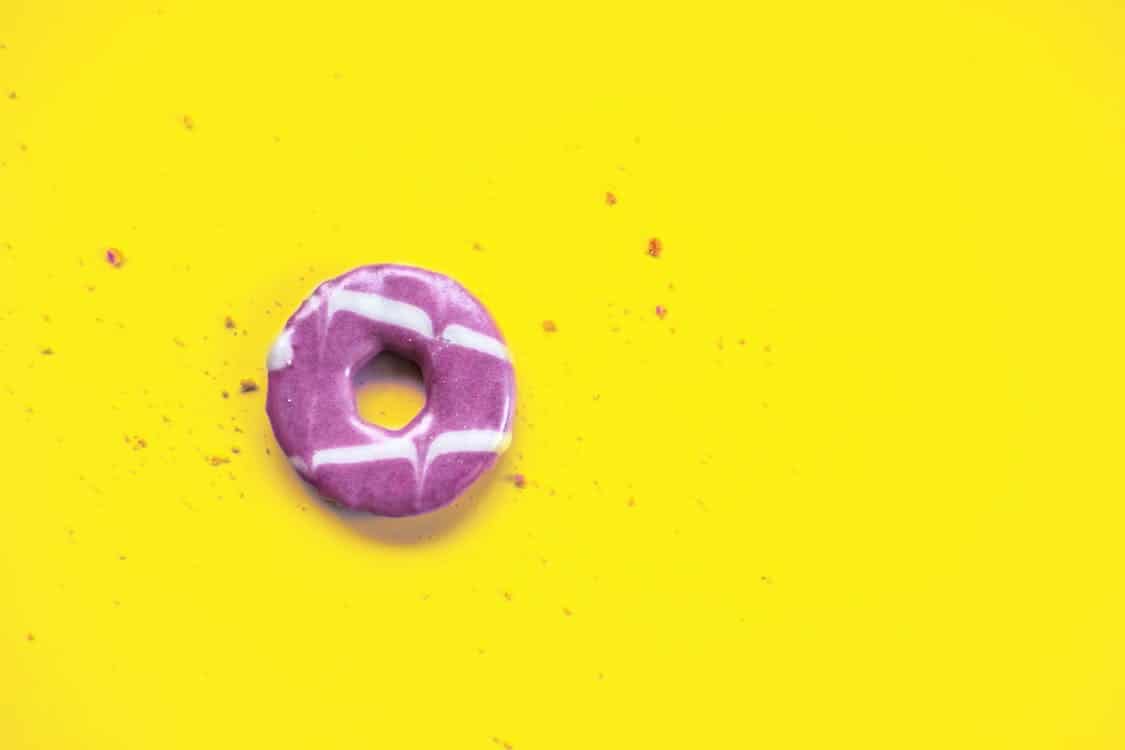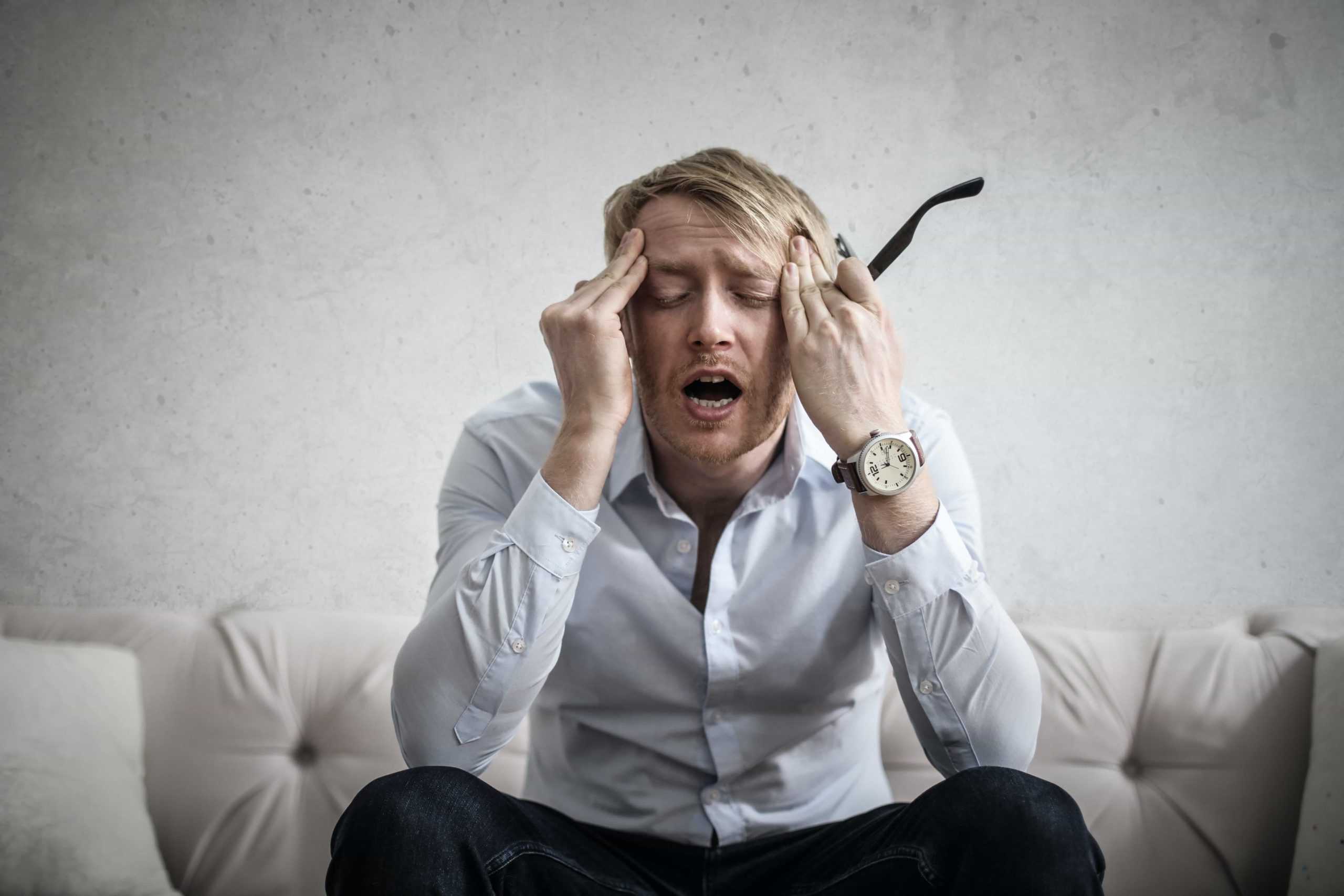Are you ready to receive an important message? A message which while it is just 3 words in length has the power to change your entire life (if you let it).
Recovery is intentional.
Which means that recovery does not happen by accident.
Recovery does not happen in the background as you go about a busy life.
It is, in each and every case achieved with the intentional choice to recover and the moment by moment follow through on that choice.
An unavoidable part of that intentional choice and follow through is the intentional choice to eat as much as possible.
Which might at first sound simple however, what the intentional choice to eat looks like at any point in time can range from the choice to eat more than other people, the choice to eat more than a “fitness” apps recommendations, the choice to eat when you don’t like any of the food available, the choice to eat when people comment on what you’re eating or how much you’re eating, the choice to eat more than what your mum says is good, the choice to eat more than the best dietitian in the worlds “meal plan”, the choice to eat when people comment on the appearance of your body, the choice to eat when you just don’t feel like it, the choice to eat when you’re being watched eating, the choice to eat when no one is watching you eat, the choice to eat when you’re tired, the choice to eat through tears, the choice to eat when you’re angry, the choice to eat when you’re bloated and uncomfortable, the choice to eat when no one else is eating, the choice to eat when you have just 1 minute to eat, the choice to eat when it’s inconvenient, the choice to eat when you’re full from your last meal or snack and the choice to eat when you’re simply not hungry…
If you are in recovery, then despite everything and anything else that may be happening or is yet to happen in your life your first commitment is recovery and that, by definition, must include the intentional and unconditional choice to eat.
You Don’t Have to Be Hungry In Order to Eat
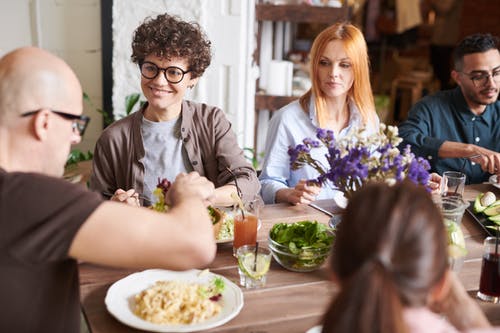
The comment of not eating when you’re not hungry is something which comes up often in sessions with my new clients and something, I also know was a big thing for me when I was in recovery.
It is hard to eat when you just don’t feel hungry or when you feel full and bloated and uncomfortable but nowhere in the eating part of recovery does it say you have to feel like eating in order to eat.
It’s not hard to understand why we think the only time we can and should eat is when we’re hungry and feel like eating. There is so much focus on intuitive, eating, mindful eating and just watching how much you’re eating in general with the rule of thumb being the less the better and it would be the worst thing in the world to eat when you weren’t hungry let alone to be overly full. However, all this just does not apply in recovery (it doesn’t actually apply to anyone but that’s a rant for another time).
Why would you eat when you’re not hungry?
Because your commitment at the moment is to recovery, remember?
And because you don’t actually have to be hungry in order to eat.
You can read the above sentence again if you like. It will become a solid foundation for your recovery if you let it.
Hunger is not a prerequisite of eating.
You can be full and eat and if you are in recovery, this is indeed the reality you’ve signed up for!
It’s not fun, it’s not pleasant, it’s not even slightly comfortable and still it’s something you must do if you want to recover.
Choose it or choose to stay sick because you don’t actually have to recover, there’s nothing which says you or anyone else have to recover. Many people don’t.
Recovery, including eating is your choice and your responsibility and yours alone.
Eating in Recovery Is Different
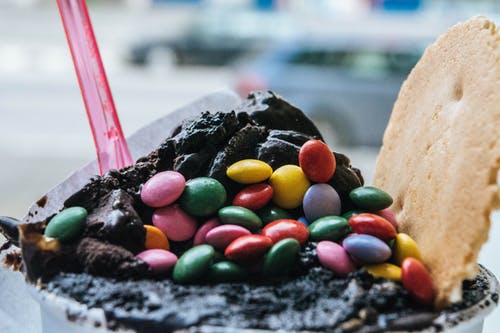
Can you imagine for a moment if there was someone in your life who was sick, someone who did not have an eating disorder but who was so starved and malnourished that they could not think properly, could not enjoy fulfilling relationships, could not work to their full capacity and contribute to society and the world anywhere near their potential, someone who spent most of their time feeling anxious, afraid and ashamed, whose internal vital organs were shutting down and giving in, whose hair was falling out, whose body couldn’t properly keep them warm and whose muscles were visibly wasting, what would you recommend they do?
Would it be to eat?
What would you recommend they do if they didn’t feel hungry and didn’t want to eat?
Would it be to eat?
It’s the same for you.
Food literally is your medicine.
You don’t have to like taking medicine to take it, do you?
Probably there is no one who really likes taking medicine.
We’d do it all the time and not just when we were sick if we did!
The whole point of medicine is that we take it while we’re sick, for a period of time until we are better and then we stop. It’s the same with food in that while we don’t stop on the other side of recovery because of course you will be eating for the rest of your life, eating during recovery is undeniably different. Eating during recovery is very much intentional and it is a means to an end.
This is important to grasp because I feel it is something which gets skimmed over in many treatments offered, it certainly did in my own and I think that was just because no one I worked with had themselves been through recovery (until the end when I found people who had). Which meant they couldn’t really have known how much it takes to eat and more importantly than how much, the way in which you eat. From my own experience and from having now worked with many others to facilitate them to reach their own full recovery the absolute undeniably truth is this; recovery takes a literal s**t ton of food! (if you want to know more detail about eating for recovery click this link to read my earlier blog “Extreme Hunger in Recovery; What You Need to Know”)
In order for recovery to be successful a s**t ton of food is necessary, regularly and consistently for so much longer than you think you need it, and this most certainly includes the moments where you are not hungry.
The Important Bits
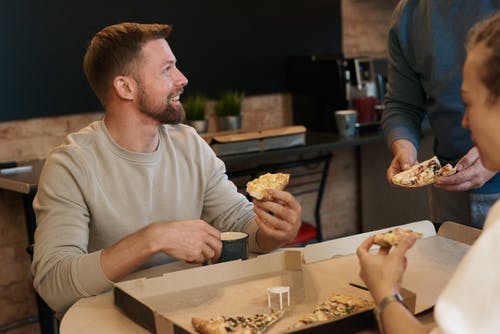
Recovery is possible for each and every human being living with an eating disorder and that includes you.
In the moments you don’t want to eat because you’re not hungry perhaps think about the example I gave above about what advice you’d give a friend who was starving and malnourished and living a life far below what they could be if they were healthy and happy. Could you then see that it would be ludicrous to just say that it’s ok to not eat when they’re not hungry?
Whether you feel hungry (or not) just isn’t relevant or important to recovery because recovery is an intentional choice to eat regardless.
An unavoidable part of recovery is eating as much as possible.
“As much as possible” is not defined by a certain number of calories, what your mum, doctor or dietitian says is enough, an arbitrary amount of meals and snacks per day, it is defined by eating as much as you possibly can.
You will be full, you will uncomfortably full and it means doing it anyway.
When you are doing this, I welcome you, brave soul that you are, to recovery.
Let the journey begin.
With My Whole Heart I Hope You Found This Information Useful & Inspiring

Become Great. Live Great.
Bonnie.


